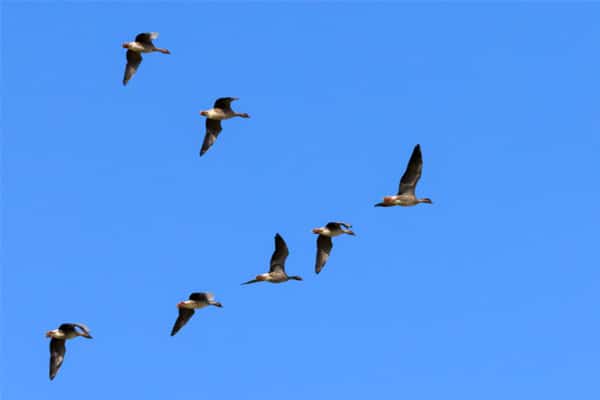
Wing survey
The wing survey is a monitoring project which collects data about shot ducks, geese and waders from wings that are collected by shooters.
Get information on the legal shooting season for mammals and birds in the UK.
Apply for funding for your project or make a donation today
Comprehensive information and advice from our specialist firearms team.
Everything you need to know about shotgun, rifle and airgun ammunition.
Find our up-to-date information, advice and links to government resources.
Everything you need to know on firearms law and licensing.
All the latest news and advice on general licences and how they affect you.
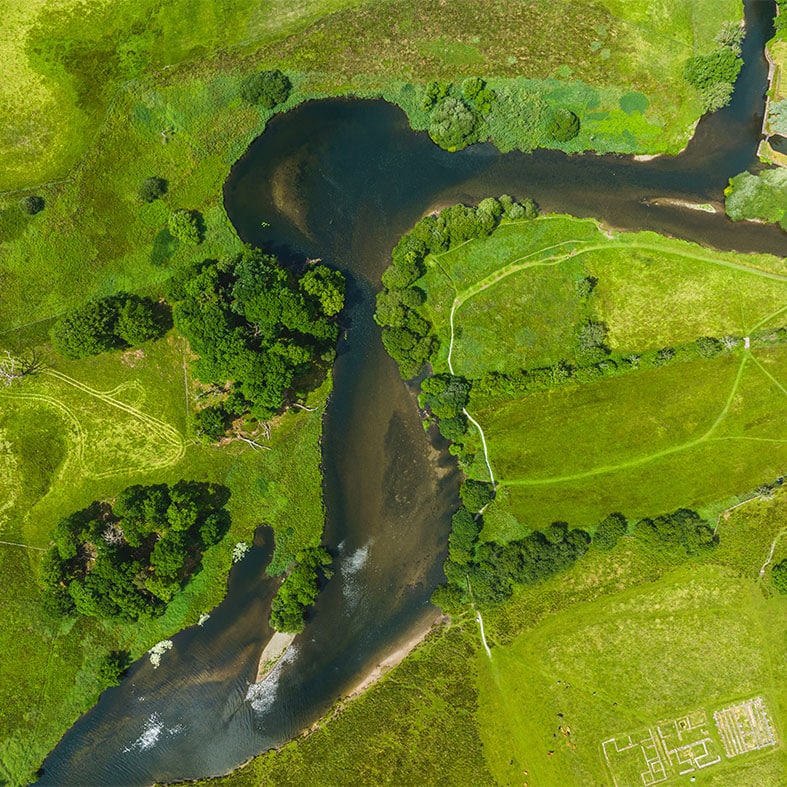

Home » Science and research » The natural capital benefits of shooting
Natural capital is the sum of the financial and social benefits we derive from our natural environment. It’s a concept which has increasingly shaped international and national environmental policies to date, and is at the core of the government’s England Environmental Improvement Plan and the forthcoming equivalent in Scotland.
Understanding that UK shooting is diverse and provides recreation for many people across the country, BASC wanted to determine the other benefits that come from its influence on the environment, and how policy-makers, landowners and farmers can use those benefits in the land-management choices they make.
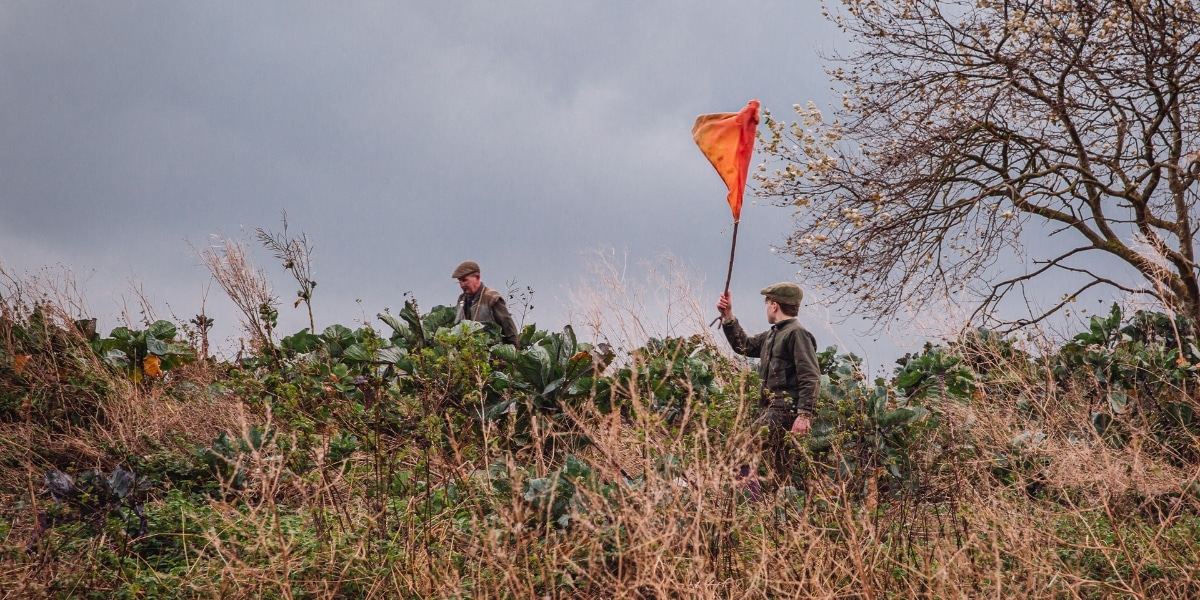
Read our summary of the natural capital value of each of these four elements below. You can also read the report in full at the bottom of this page.
The carbon sequestration benefits of shooting’s management of land and species across woodland, wetland and saltmarsh has never been assessed and valued before.
The capture, removal and storage of atmospheric carbon is critical to mitigating the impacts of climate change. The report valued shooting’s habitat creation and management work, alongside deer and grey squirrel management, at £382 million.
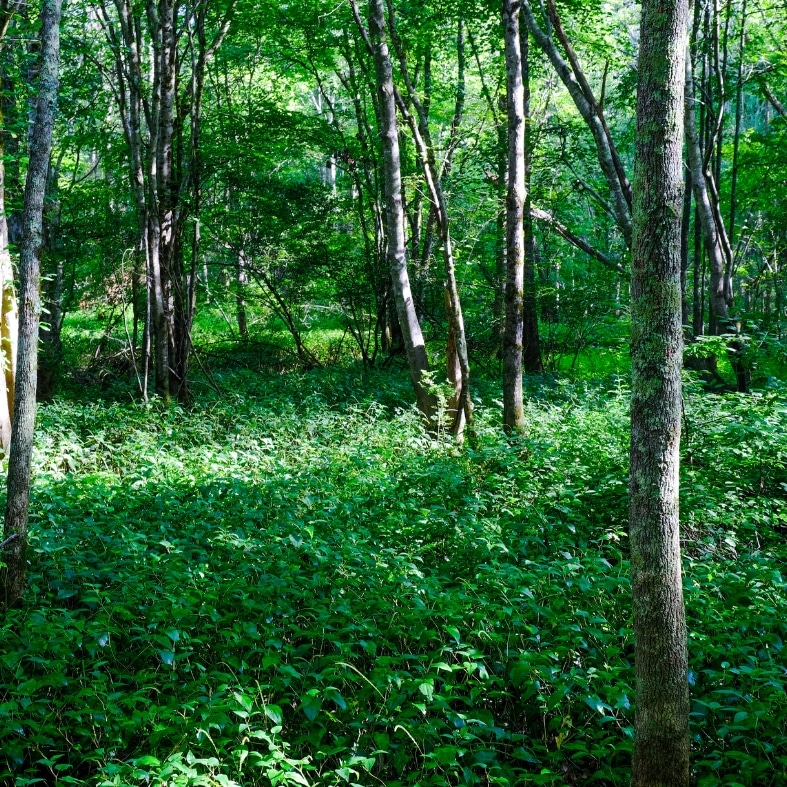
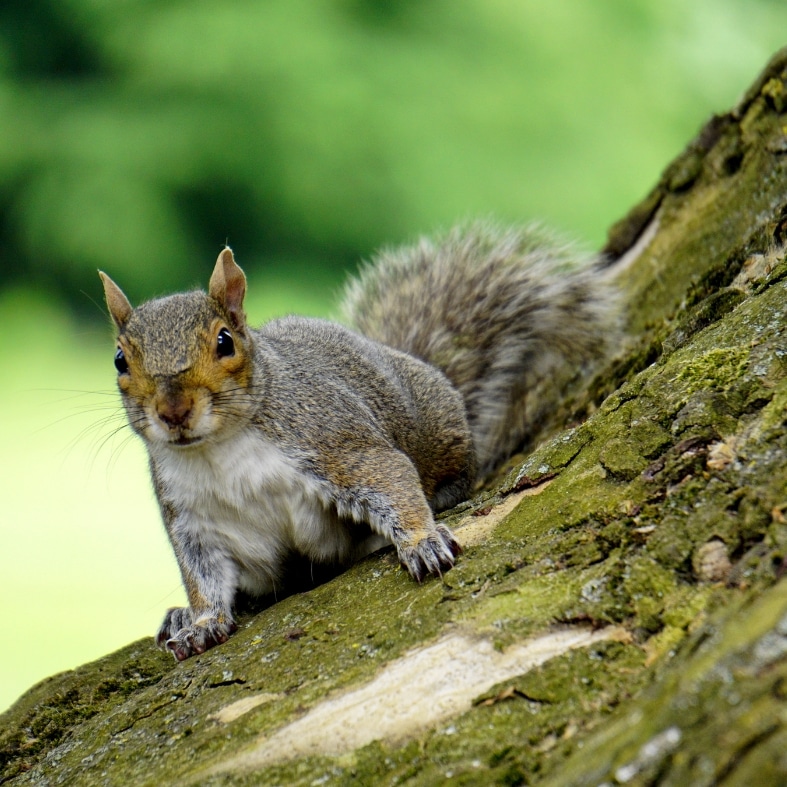
The largest benefit in monetary terms is the recreational value generated by those who shoot or support shooting, such as beaters and pickers-up. This comes in at £571.7 million from over three million days of activity spread across rural parts of the UK.
Additionally, the public benefit from an enhanced recreational experience from accessing more diverse and rich habitats as a result of shooting, is valued at £35.9 million.
You can read the report in its entirety, including a full breakdown of the four key benefit areas, in the The natural capital benefits of shooting report below. The report is also available to download here.

The wing survey is a monitoring project which collects data about shot ducks, geese and waders from wings that are collected by shooters.
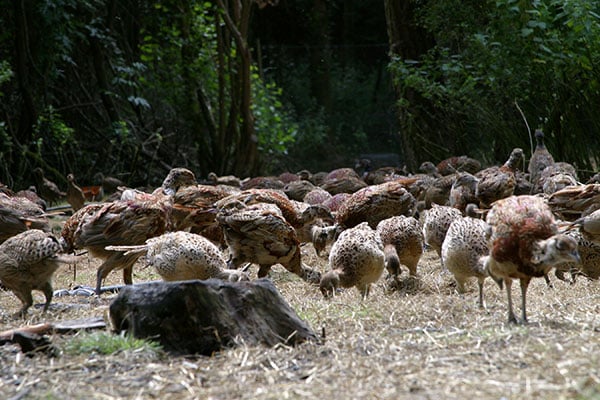
This work will provide a better insight into where reared birds go after their release and could help keepers better manage their birds.
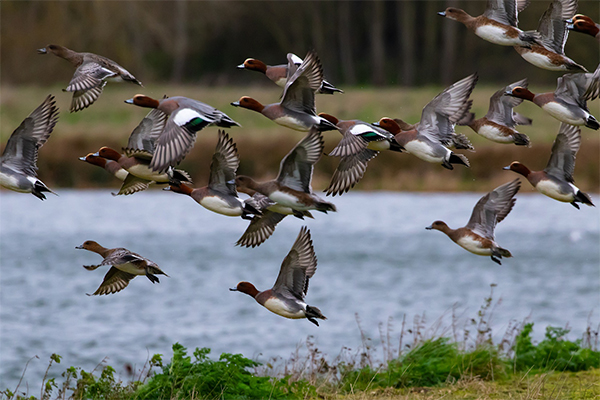
BASC commissioned an evidence review of the threats to our waterfowl quarry at breeding grounds. Key pressures include predation, habitat quality, pollution, and climate-induced range shifts
Sign up to our weekly newsletter and get all the latest updates straight to your inbox.
© 2025 British Association for Shooting and Conservation. Registered Office: Marford Mill, Rossett, Wrexham, LL12 0HL – Registered Society No: 28488R. BASC is a trading name of the British Association for Shooting and Conservation Limited which is authorised and regulated by the Financial Conduct Authority (FCA) under firm reference number 311937.
BASC Direct Ltd is an Introducer Appointed Representative of Agria Pet Insurance Ltd who administer the insurance and is authorised and regulated by the Financial Conduct Authority, Financial Services Register Number 496160. Agria Pet Insurance is registered and incorporated in England and Wales with registered number 04258783. Registered office: First Floor, Blue Leanie, Walton Street, Aylesbury, Buckinghamshire, HP21 7QW. Agria insurance policies are underwritten by Agria Försäkring.
If you have any questions or complaints about your BASC membership insurance cover, please email us. More information about resolving complaints can be found on the FCA website or on the EU ODR platform.